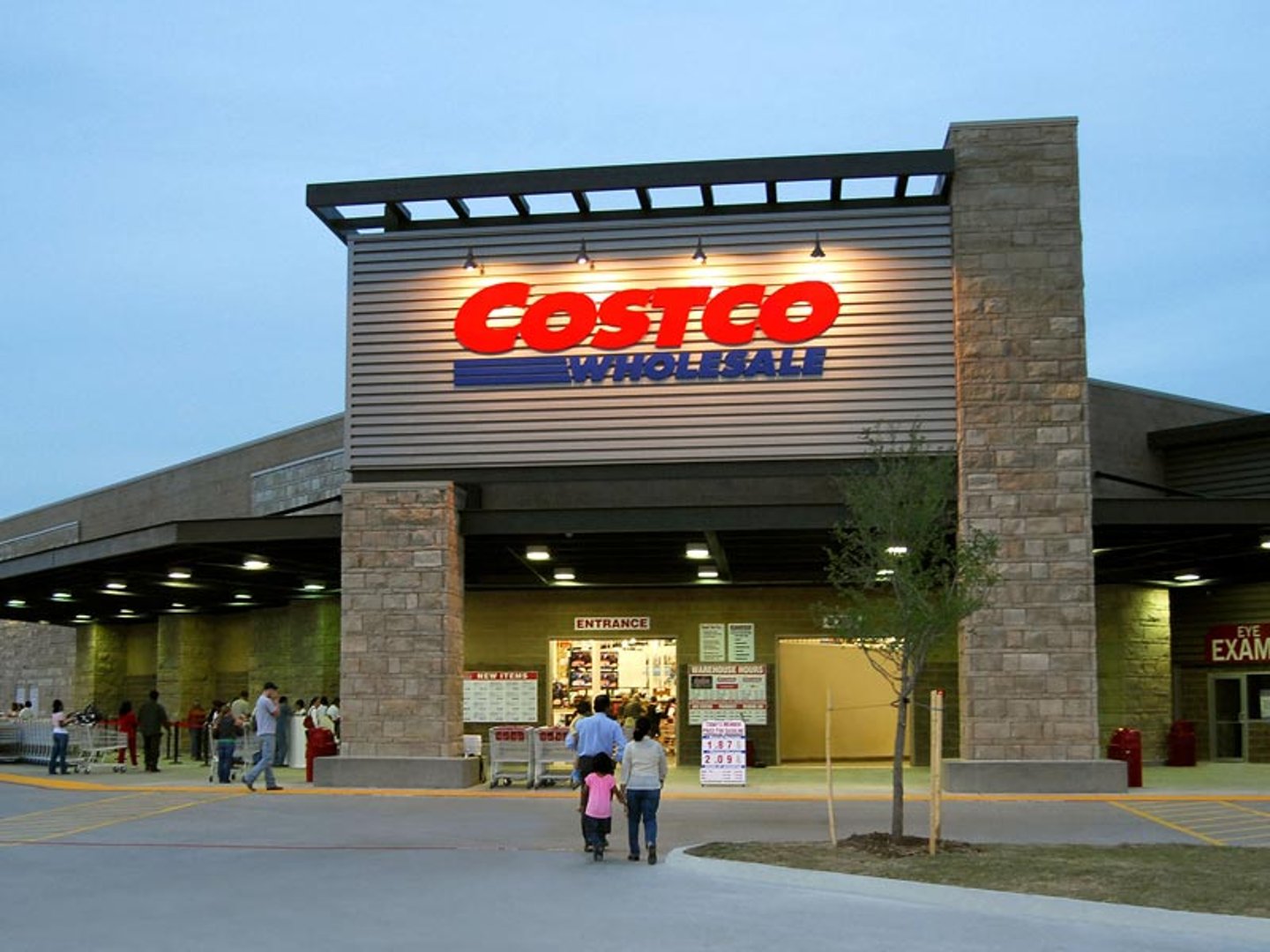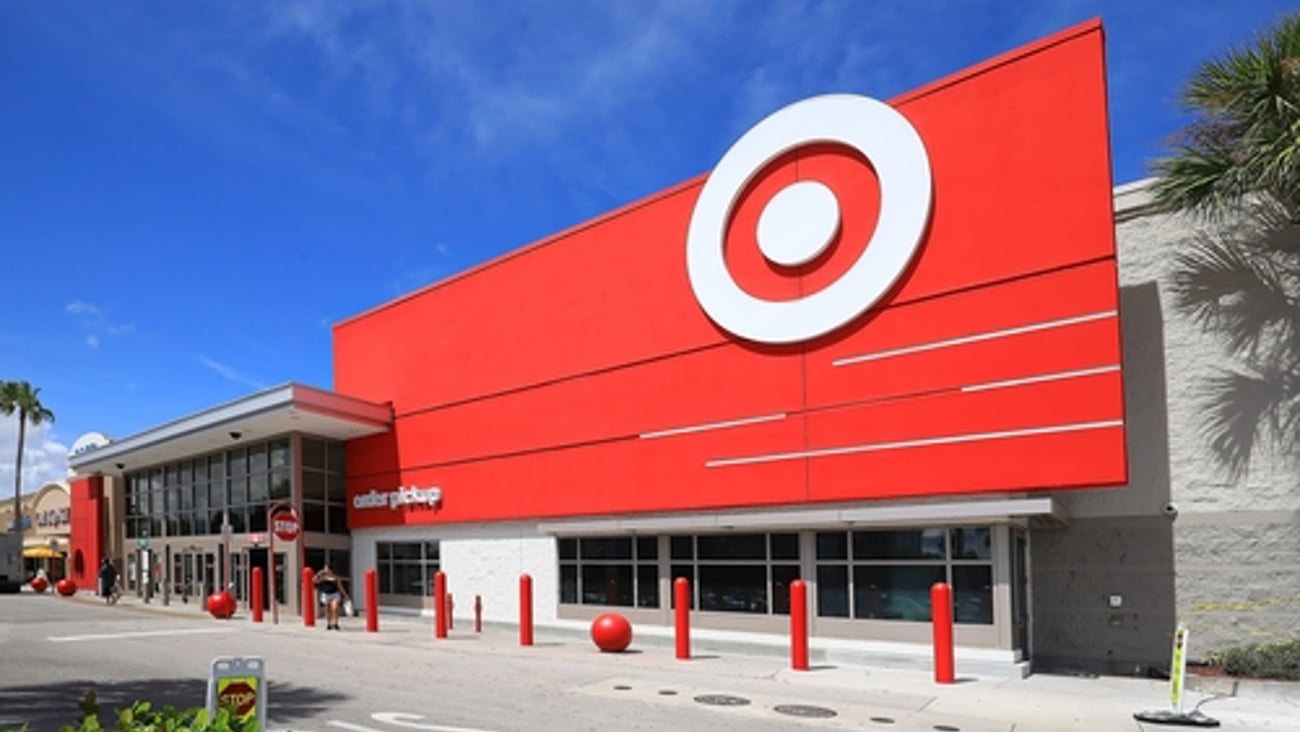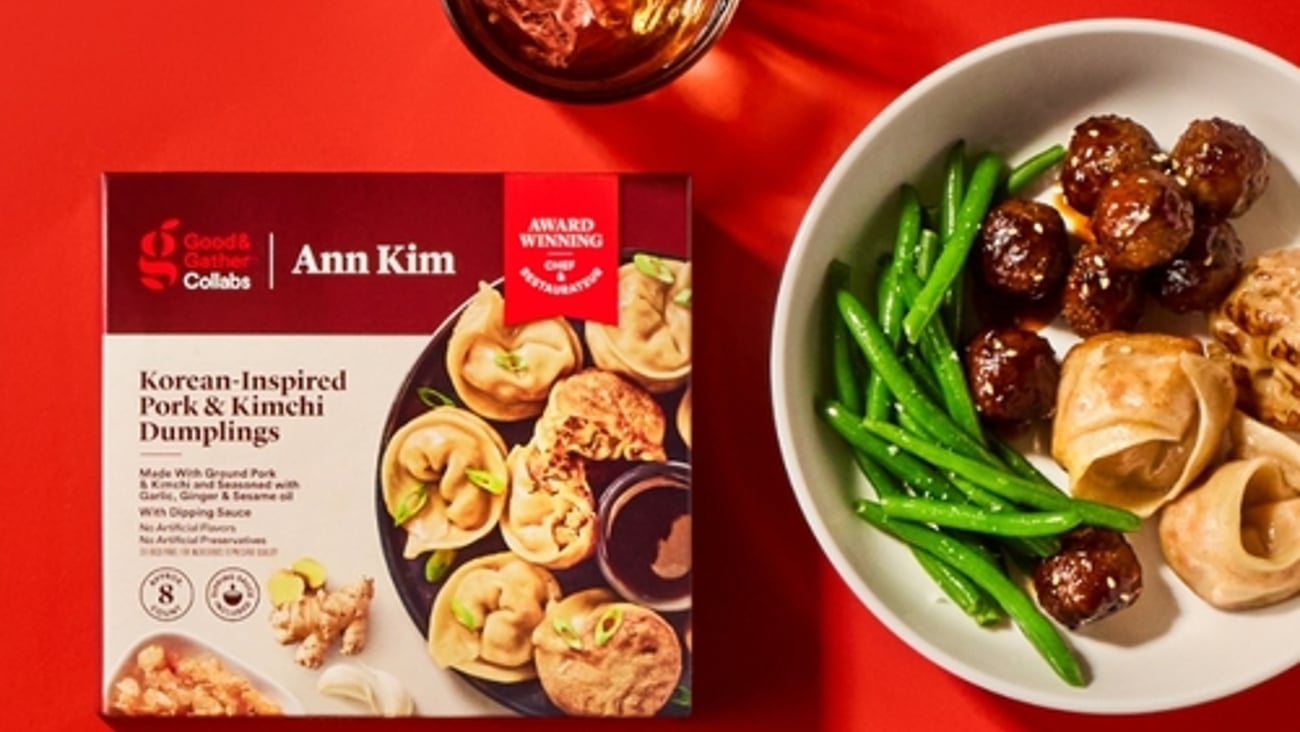The ‘Costco experience’
Since its founding in 1983, Costco Wholesale has become one of the most recognized retailers across the U.S. But what is it about Issaquah, Wash.-based Costco that has transformed it into retail powerhouse? What is it about the “Costco experience” that attracts so many shoppers?
Being new to the store brands industry, I recently went to a Costco in my area to dissect and analyze the inner workings of the warehouse. I was not looking at the store through the eyes of a business journalist but through the eyes of a consumer.
Upon walking into the store, I was greeted by an employee who checks for membership cards (Costco requires an annual membership fee of a minimum of $60). As I walked further into the store, my attention was immediately grabbed by giant television screens that were bigger than the walls in my house, massive shelves that reached up to the ceiling and endless aisles of various merchandise for purchase.
Knowing that Costco is famous for its sampling programs, I looked around for samples immediately but saw none. Then I walked into the bakery section of the store and finally saw a sampling station, where I was offered samples of various products, including some of Costco’s Kirkland Signature frozen pizza. The simple element of Costco offering of food samples, and the samples always being different, is vital to the ultimate Costco experience. While sampling is not new marketing, its brilliant marketing. More often than not, I buy what I sample — if I like it — and 95 percent of the time I do like what I try. Is this the same for others, I asked myself?
So I stood and watched. It seemed that it was a similar pattern for others as well. Customers who tried the samples more often bought the product than those who did not sample. At one point I asked a customer, “Do you also typically buy the products you try when you like them?” His response was simply, “Oh, they get me every time.”
Although the samples and the bulky product sizes with bargain deals play a major role in the Costco experience, I realized that is only half of the story. The other half is Costco’s private brand itself. When I asked my mom, a Costco member since the day it opened 12 years ago in our town, why she went to Costco, she said, “Well their Kirkland Signature products are always great and cheap.” That is when I asked myself, “How many Kirkland Signature products are currently in my house?”
Twenty-four! And the most popular Kirkland Signature product in my house? Kirkland wine! I have so many bottles of Kirkland Signature wine that it took me five minutes to find a bottle in the mix that is not Kirkland Signature. Other products throughout my house that are Kirkland Signature include: olive oil, makeup, wipes, dog food and clothing. I never even realized how many products that I genuinely like were part of Costco’s Kirkland Signature brand, and that is when it hit me.
A large part of the Costco experience revolves around its private brand. Costco has created the ultimate shopping experience for the consumer by creating quality products that cost less than national brands and are exclusive to the retailer.
Kirkland Signature is one of the industry’s great private brands success stories. Last year, Kirkland Signature brand raked in nearly $40 billion in sales, an 11 percent increase from 2017. That's more than the private brand sales at JCPenney and Macy's combined.
Although it may be up for debate, from this consumer’s perspective, the Costco experience is all about its Kirkland Signature brand first, and the retailer’s in-store experience second.





